
Our department works to protect and improve local natural resources as outlined in Dane County's Land and Water Resource Management Plan. This includes assisting agricultural producers across Dane County in their efforts to maintain compliance with current agricultural standards and prohibitions, as well as find the best practices that have positive impacts on local land and water resources.
The webpages linked below highlight major requirements and applicable permits relating to agricultural operations in Dane County and resources to help operators maintain compliance.
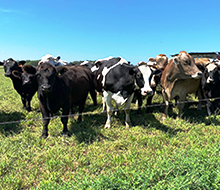
All cropland and livestock operations in Dane County must meet these requirements, established in the Wisconsin Administrative Code as well as the Dane County Code of Ordinances. They aim to protect human health, safety and water resources.
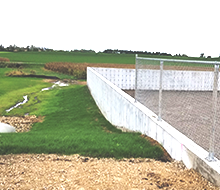
Facilities are used across Dane County to store manure and other by-products of agricultural operations. Permits are required for the construction, modification and closure of these manure storage facilities.
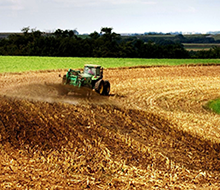
Agricultural operators who plan for the nutrient and soil amendments used in their operations help minimize the risk of nonpoint source pollution to our local surface waters and groundwater resources. Some of the Dane County cost-share programs require use of nutrient management plans.
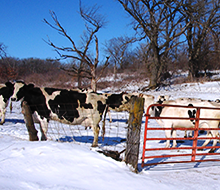
When manure is spread on frozen or snow-covered fields, the nutrients are likely to not infiltrate the soil and instead run off into nearby properties and waterways. In Dane County, a Winter Spreading Permit is required when spreading solid or liquid manure during these conditions.
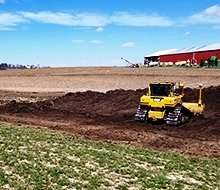
Land disturbing activities on agricultural lands change the existing soil and/or add impervious surfaces, which increases stormwater runoff and may affect water quality. In order to address these effects, erosion control and/or stormwater management permits may be required.